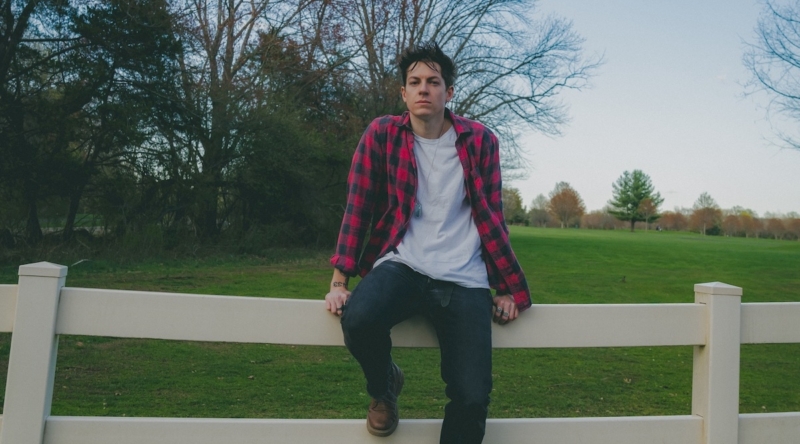Andy Tongren shares indie folk bliss with "Franconia"

Andy Tongren is a well known frontman and singer, best known for his time with Young Rising Sons. The prolific songwriter has just launched his solo project with his debut…
Share

Input your search keywords and press Enter.
